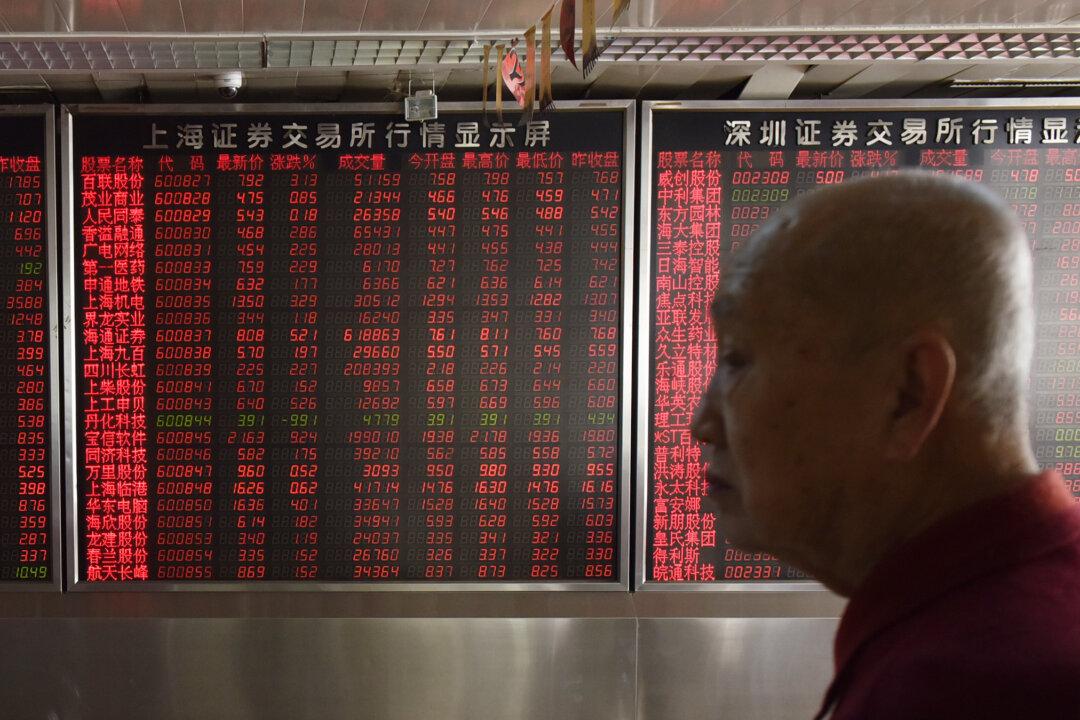News Analysis
U.S. stocks have experienced a high level of volatility over the past two weeks. But that pales in comparison to the declines sustained by the Chinese markets over the same period, as a confluence of factors has driven Chinese stocks to their lowest levels in years.





